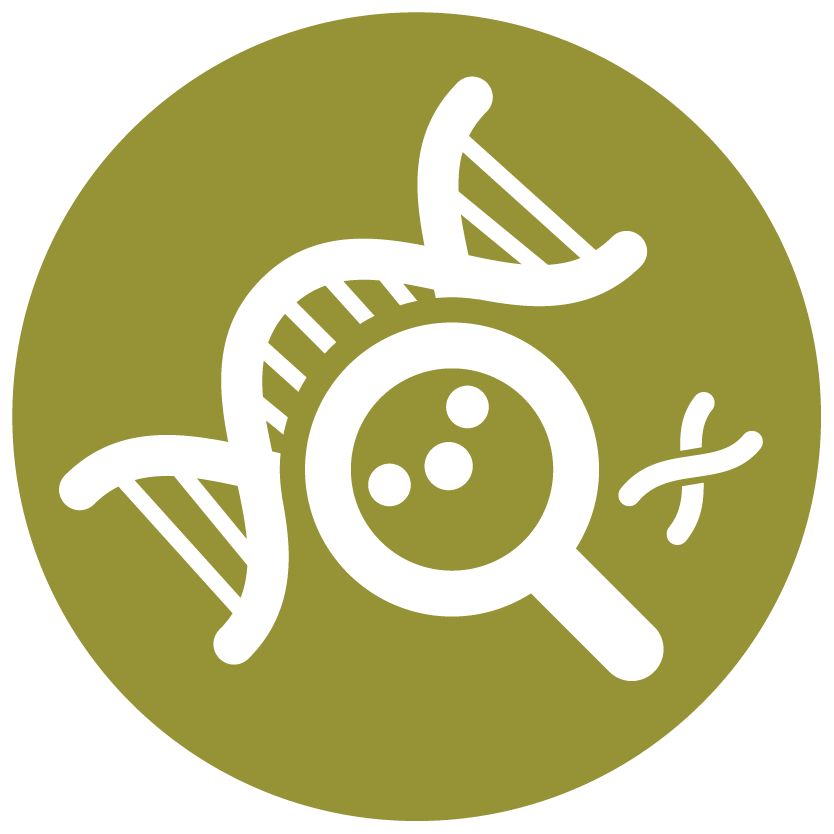Back
Discovery and Basic Research
Session: Symposium: Rapid Discovery of Therapeutics: Past Experience and Computational Approaches
Accelerating Computational Drug Discovery with Machine Learning and AI
Monday, October 17, 2022
10:00 AM – 10:30 AM ET
Location: 254 B

Olexandr Isayev, PhD (he/him/his)
Professor
Carnegie Mellon University
Pittsburgh, Pennsylvania
Speaker(s)
Deep learning is revolutionizing many areas of science and technology, particularly in natural language processing, speech recognition and computer vision. In this talk, we will provide an overview into latest developments of machine learning and AI methods and application to the problem of drug discovery and development at Isayev’s Lab at CMU. We identify several areas where existing methods have the potential to accelerate pharmaceutical research and disrupt more traditional approaches.
First we will present a deep learning model that approximate solution of Schrodinger equation. Focusing on parametrization for drug-like organic molecules and proteins, we have developed a single ‘universal’ model which is highly accurate compared to reference quantum mechanical calculations at speeds 10^6 faster.
Second, we proposed a novel computational method for de-novo design of molecular compounds with desired biological properties. General workflow of the proposed method integrates two deep neural networks – generative and predictive – that are initially trained separately but then trained jointly to generate novel chemical structures with desired properties. In the proof-of-concept study, we have employed this integrative strategy to design chemical libraries biased toward compounds with either maximal, minimal, or specific ranges of physical properties (like solubility and hydrophobicity) as well as to develop novel kinase inhibitors of JAK2, EGFR, CDK1, and TBK1. This new approach can find general use for generating targeted chemical libraries optimized for a single desired property or polypharmacology.
First we will present a deep learning model that approximate solution of Schrodinger equation. Focusing on parametrization for drug-like organic molecules and proteins, we have developed a single ‘universal’ model which is highly accurate compared to reference quantum mechanical calculations at speeds 10^6 faster.
Second, we proposed a novel computational method for de-novo design of molecular compounds with desired biological properties. General workflow of the proposed method integrates two deep neural networks – generative and predictive – that are initially trained separately but then trained jointly to generate novel chemical structures with desired properties. In the proof-of-concept study, we have employed this integrative strategy to design chemical libraries biased toward compounds with either maximal, minimal, or specific ranges of physical properties (like solubility and hydrophobicity) as well as to develop novel kinase inhibitors of JAK2, EGFR, CDK1, and TBK1. This new approach can find general use for generating targeted chemical libraries optimized for a single desired property or polypharmacology.
Learning Objectives:
- Upon completion, participant will be able to learn how AI accelerates computational drug discovery

